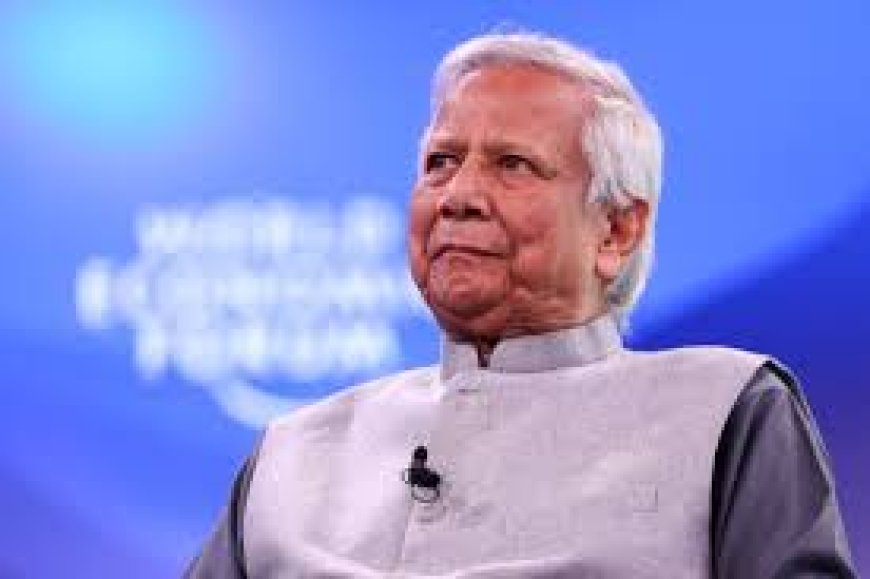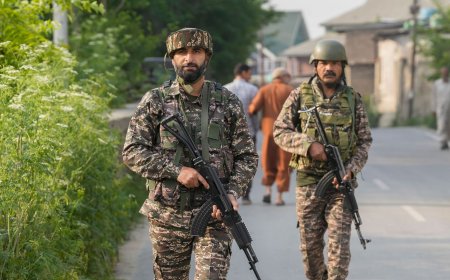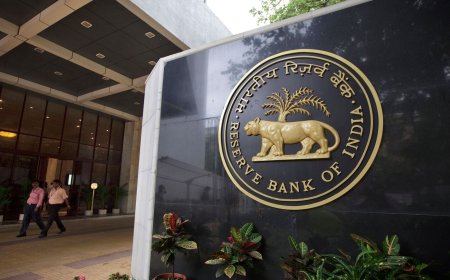Why Muhammad Yunus' Bangladesh govt is investigating Sheikh Hasina-era elections of 2014, 2018 and 2024
Nobel laureate Muhammad Yunus' government launches a high-stakes investigation into controversial Sheikh Hasina-era elections of 2014, 2018, and 2024. Here's what it means for democracy, politics, and investors.

Dhaka, Bangladesh | July 30, 2025 — In a dramatic political development, the new government of Bangladesh under Nobel laureate Muhammad Yunus has launched a formal investigation into the controversial parliamentary elections held in 2014, 2018, and 2024 during the tenure of former Prime Minister Sheikh Hasina. The probe aims to assess allegations of electoral fraud, suppression of dissent, and misuse of state machinery that have long plagued the reputation of Hasina’s Awami League (AL) rule.
The Election Integrity Commission (EIC), constituted by Yunus shortly after taking office earlier this year, has been tasked with examining election procedures, voter roll irregularities, and alleged manipulation of electoral outcomes across the three election cycles.
Background: Hasina’s Disputed Election Legacy
Sheikh Hasina, who served as Prime Minister from 2009 to early 2025, oversaw three highly controversial elections. The 2014 general election was boycotted by the main opposition, Bangladesh Nationalist Party (BNP), leading to over half the seats being uncontested. The 2018 election was marred by widespread allegations of ballot-stuffing, voter intimidation, and the arrest of opposition workers. The 2024 vote, although presented as “free and fair” by government-appointed observers, was criticized by international human rights groups for lack of transparency.
“The elections under Hasina failed the test of basic democratic norms,” said Professor Ali Riaz, a political analyst at Illinois State University. “Investigating them now is not just about settling scores; it’s about restoring institutional credibility.”
What Prompted the Probe?
The Yunus administration, which rose to power on a reformist and anti-corruption agenda, was pressured by both domestic civic groups and international stakeholders to address electoral integrity. The turning point came after the 2024 elections, which saw massive street protests, dozens of fatalities, and a subsequent economic freeze due to investor uncertainty.
According to government insiders, Yunus' team aims to release interim findings by late 2025 and implement structural reforms in the Election Commission based on recommendations.
Dr. Rehnuma Ahmed, a legal scholar in Dhaka, notes, “This isn’t merely a retrospective exercise. It will shape future frameworks—legal, procedural, and technological—for how elections are conducted.”
Political Reaction and Fallout
The Awami League has condemned the move, calling it a “politically motivated witch-hunt.” In a fiery statement, former Information Minister Hasan Mahmud alleged that Yunus was “weaponizing democracy to discredit a legacy built over 15 years.”
However, BNP and other opposition parties have welcomed the inquiry, urging swift action and even criminal charges against former officials found guilty of tampering with electoral processes.
Notably, several senior bureaucrats from the Election Commission and former intelligence agencies have already been summoned for questioning, sparking fears within Hasina-era power circles.
Economic and Market Implications
Political instability has historically hurt Bangladesh’s investment climate. The years following the 2018 election saw significant capital flight, downgraded credit ratings, and IMF warnings over governance issues. Investors are now watching the Yunus-led reforms closely.
“Market confidence hinges on the credibility of governance,” said Rashid Karim, Asia Economist at BNP Paribas. “If this investigation leads to greater transparency and democratic stability, the long-term outlook will be positive for both domestic and foreign capital.”
Bangladesh's Taka has remained stable in 2025, and the Dhaka Stock Exchange posted modest gains following Yunus’ inauguration. However, sectors tied to state contracts—particularly infrastructure—are underperforming due to fears of retroactive scrutiny and tender cancellations.
International Attention and Diplomatic Pressure
Global actors including the United Nations, European Union, and the United States have long voiced concerns over the conduct of Bangladeshi elections under Hasina. The U.S. imposed visa restrictions in 2023 on officials deemed responsible for electoral interference.
The new investigation has renewed global focus. The EU’s External Action Service issued a statement supporting Yunus’ initiative, emphasizing “the importance of electoral justice in sustaining democratic norms.” Meanwhile, the U.S. State Department has offered to provide forensic election experts to assist the inquiry.
China and India, two key regional stakeholders, have adopted a wait-and-watch stance. Both had enjoyed close ties with Hasina and are recalibrating diplomatic relations with the new leadership.
Investor Outlook: Volatility with Long-Term Promise
While political uncertainty always triggers risk aversion, most analysts believe the electoral probe will strengthen institutional confidence if conducted impartially.
Tanvir Sayeed, a portfolio manager with Apex Capital Bangladesh, notes, “The short-term jitters are natural. But Yunus’ reformist credibility is reassuring. We see upside in sectors like green energy, microfinance, and education.”
FDI approvals have slowed in Q1 2025, but realignment is expected as Yunus’ pro-transparency, pro-entrepreneurial policies begin to take effect. Bangladesh’s strategic location and young workforce remain strong attractors for long-term investors.
The electoral investigation marks a pivotal moment in Bangladesh’s political evolution. For the first time, an incoming administration is challenging the core legitimacy of its predecessor’s mandate. Whether it leads to accountability, systemic reforms, or further polarization remains to be seen. For now, the Yunus government has taken a bold, controversial step—one that could redefine the democratic contours of the country for years to come.
What's Your Reaction?
 Like
0
Like
0
 Dislike
0
Dislike
0
 Love
0
Love
0
 Funny
0
Funny
0
 Angry
0
Angry
0
 Sad
0
Sad
0
 Wow
0
Wow
0












































































